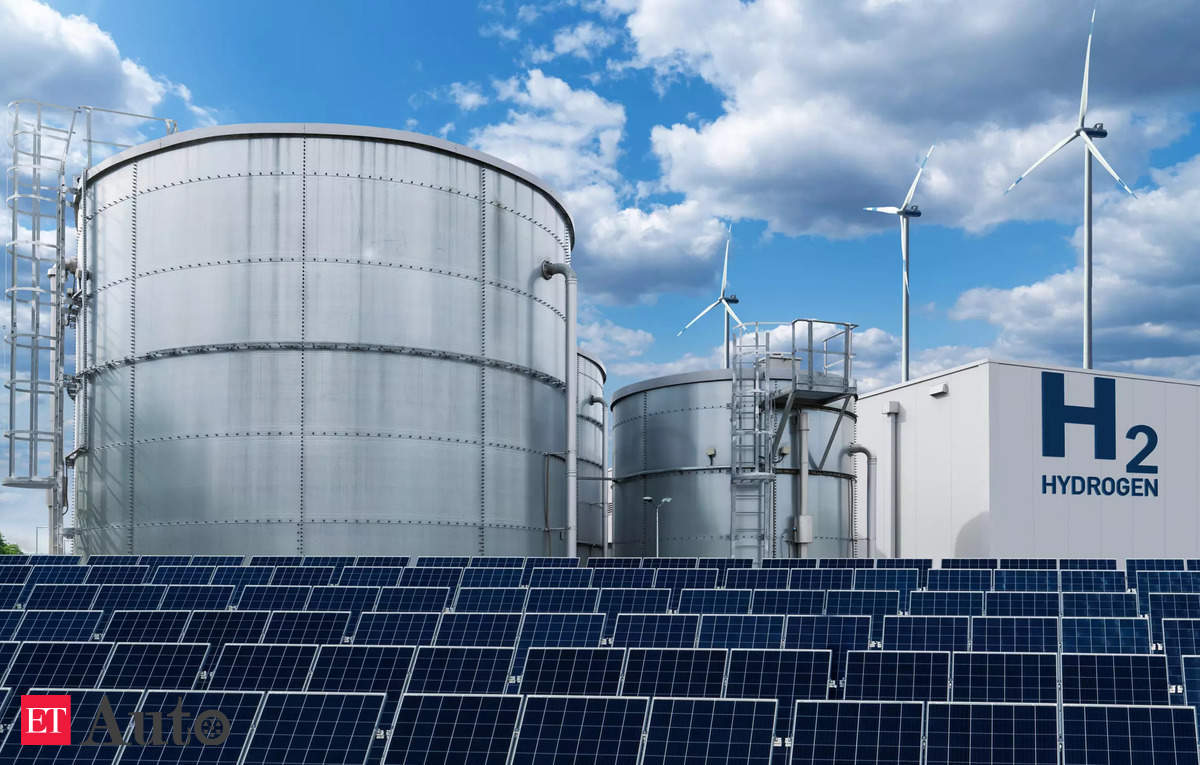Revolutionizing Energy Transport: Europe's Ambitious Renewable Hydrogen Pipeline Project
Key Ideas
- EU plans to produce and import significant quantities of renewable hydrogen by 2030 to replace hydrocarbons, reducing planet-warming emissions.
- The H2 Notos project in Tunisia, with partners like Verbund and TotalEnergies, aims to produce 200,000 metric tons of hydrogen annually using solar and wind energy.
- A pipeline spanning 3,300 km will deliver the hydrogen to Europe, offering a cost-effective and direct transportation method compared to traditional means like ammonia shipment.
- The project signifies a step towards sustainable energy solutions, with a potential ramp-up to 1 million tons of hydrogen production annually by 2030.
The European Union is embarking on an ambitious goal to produce and import large quantities of renewable hydrogen by 2030 to substitute hydrocarbons and mitigate greenhouse gas emissions. The H2 Notos project, a multi-billion-dollar initiative in Tunisia, involves partners such as Verbund and TotalEnergies in collaboration with Eren Groupe TE H2. The project targets an annual production of 200,000 metric tons of hydrogen utilizing desalinated Mediterranean water and electricity sourced from solar and wind farms in southern Tunisia. With a possibility of scaling up to 1 million tons per year, the project aims to revolutionize energy transportation to Europe. A 3,300 km pipeline is planned to connect Tunisia to Italy, Austria, and Germany, spearheaded by companies like Snam for efficient hydrogen delivery. The direct pipeline transport is highlighted as a cost-effective method, adding only 1 euro per kilo compared to 3.5 to 4 euros per kilo for ammonia shipment and transformation. This approach not only reduces costs but also ensures a more sustainable and eco-friendly means of transporting hydrogen. The project's significance lies in the transition towards green fuel alternatives, with European industries already showing interest in hydrogen supply agreements. The TEH2 CEO praised the project's capability to transport low-cost hydrogen directly to Europe and emphasized the advantages over current methods employed, particularly in the US. With an anticipated final investment decision in 2027 or 2028, the H2 Notos project stands as a pioneering endeavor towards a more sustainable and efficient energy future.
Topics
Projects
Renewable Energy
Infrastructure
Sustainability
Investment
Energy Transition
European Union
Pipeline Transport
Green Fuel
Latest News
